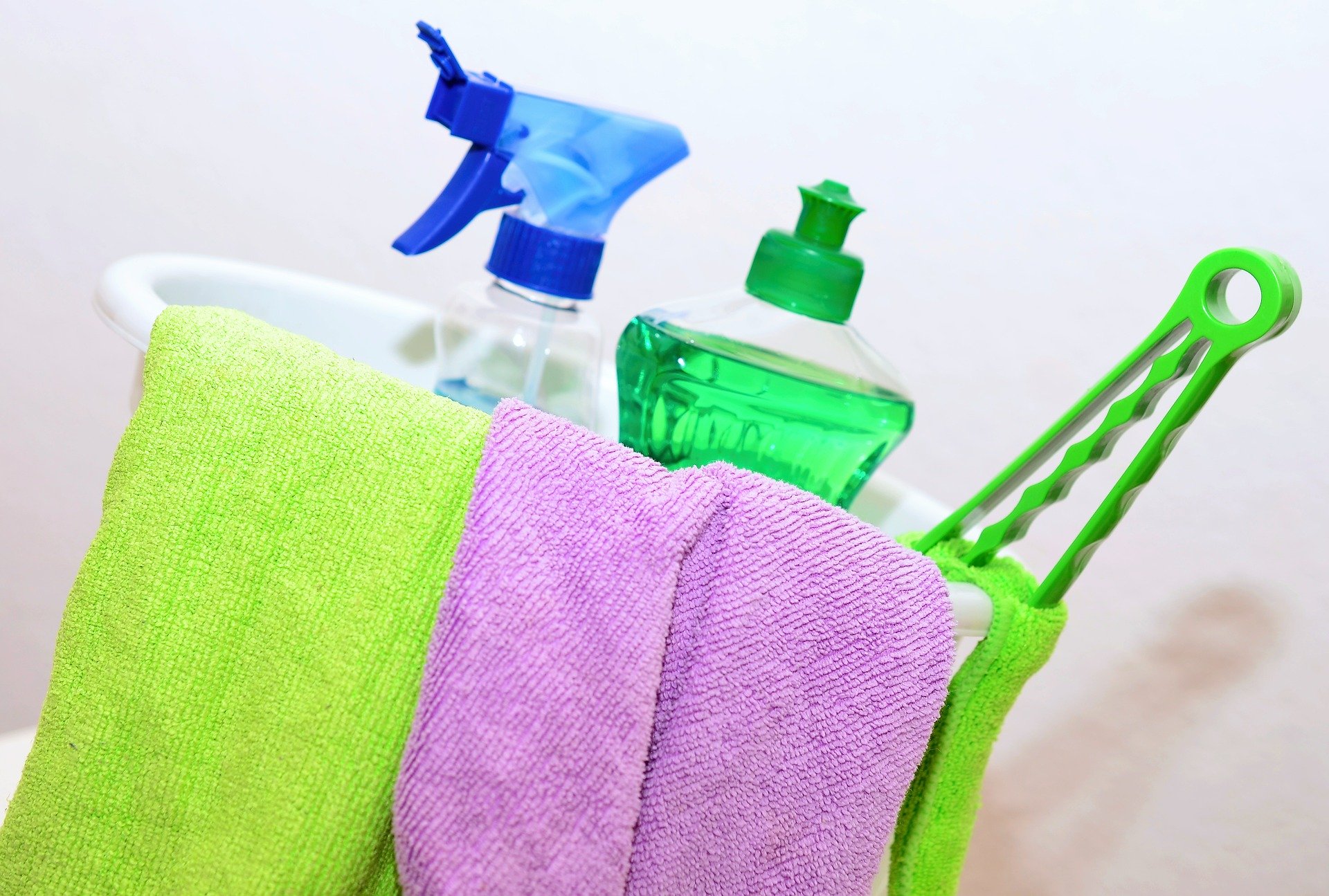Researchers are tasked with protecting participants during research studies. This responsibility spans ethical conduct and safety precautions. Below are some good practices for researchers conducting face-to-face studies or engaging in study activities within a research lab.
Maintain Workplace Hygiene
Primary Investigators (PIs) conducting in-person research should implement a hygiene policy. The policy can outline instructions for maintaining orderly office desks, properly cleaning research equipment, and sanitation practices to decrease the chances of spreading germs or viruses. PI’s can inform research staff about intentions and expectations to uphold a clean workplace.
Provide Clean Wipes, Sanitizer, and Tissues
Researchers and research participants should have access to items that help maintain a clean and hygienic workspace.
Practice Regular Workplace Cleaning
Researchers should regularly clean their workspace either after each time a piece of equipment is used (or between research participants), or generally to keep the workspace clean and tidy. PI’s may also need to coordinate with custodial staff to ensure hard-to-reach areas are cleaned on a regular basis. Regularly cleaning an office space helps prevent the spread of infection and a cleaned workplace also maintains morale and a sense of professionalism.
Work with Campus Facilities or Custodial Staff to Ensure a Clean Bathroom
Researchers working with participants in-person, on-campus will likely need to utilize the bathroom. It is pivotal for a hygienic workplace to have a clean bathroom—well stocked with soap, toilet paper, and hand towels.
Properly Clean and Store Research Equipment
Research facilities should be used only for the intended purposes. Office floors should be free of hazards and misplaced items. Reduce the risk of slips, trips, and falls by cleaning up liquid or solid spills immediately, close doors and drawers and keep passageways clear of obstructions.
Power cords should be coiled and neatly stored and all carelessly discarded objects, dropped objects, or spilled material on the floor should be attended to immediately. Passageways to exits should always be clear.
Any frequently used research equipment should be kept well away from any edges and secured whenever possible. Work areas should be clean upon completion of an experiment, study activity, or at the end of each day. Less commonly used equipment should be kept in storage.
Commitment to a Clean Workplace to Ensure Safety
Protecting participants during research activities is a team effort. A well-kept research space or laboratory ensures researchers and participants will not encounter unnecessary harm due to lack of cleanliness. Researchers should routinely evaluate their work space to ensure it is clean, orderly and safe.
